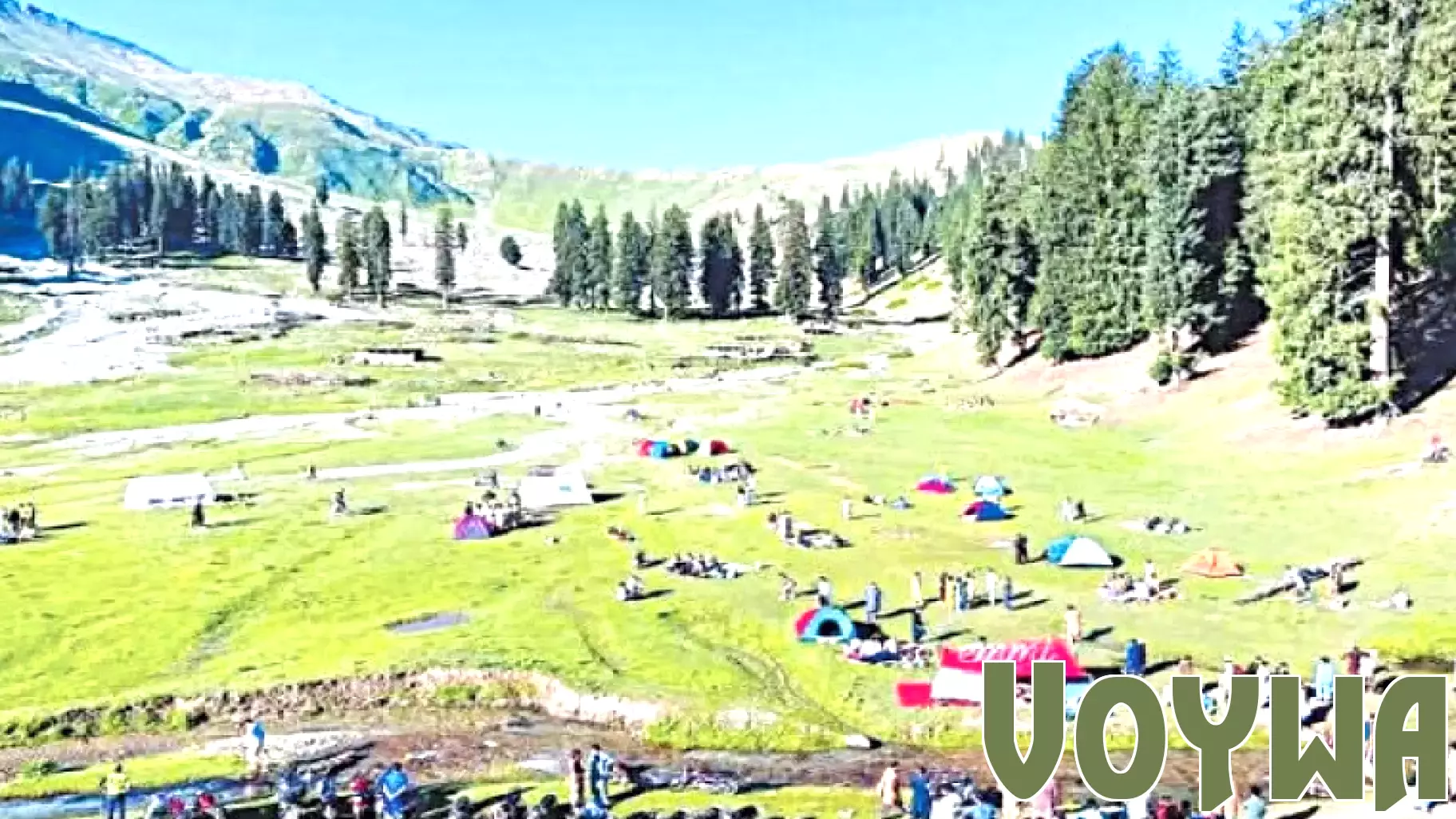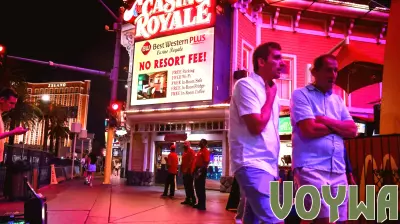Rising Tourism in Swat Raises Environmental Concerns
June 13, 2025 - 05:00

Activists are sounding the alarm over the significant increase in tourism in the Swat Valley, highlighting the detrimental impact on the region's environment. As more visitors flock to this picturesque destination, the influx has led to a concerning rise in pollution, particularly in the form of plastic waste and garbage.
Local environmentalists have reported that the once-pristine landscapes are now marred by litter, with plastic bottles, food wrappers, and other debris becoming common sights along hiking trails and near popular tourist spots. This degradation not only threatens the natural beauty of Swat but also poses risks to local wildlife and ecosystems.
Efforts to manage waste and promote responsible tourism practices are urgently needed to mitigate the negative effects of this tourism boom. Activists are calling for stricter regulations and community engagement to ensure that the environment is preserved for future generations while still welcoming visitors to enjoy the area's breathtaking scenery.
MORE NEWS

January 30, 2026 - 19:28
‘A challenging environment’: Vegas Strip gaming and tourism struggled in 2025The glittering Las Vegas Strip encountered a surprisingly difficult year in 2025, with key tourism metrics retreating to levels not seen since the pandemic recovery period. Industry analysts...

January 30, 2026 - 05:21
Morocco Joins Egypt, UAE, Saudi Arabia, Qatar, Jordan, and Other Countries in Facing Over Seven Billion Dollars in Annual Damage Due to Waste Crisis, Affecting Tourism and Sustainability Across the Middle East and North Africa - Travel And Tour WorldA mounting waste management crisis is inflicting severe economic and environmental damage across the Middle East and North Africa, with annual costs now exceeding seven billion dollars. Nations...

January 29, 2026 - 02:26
Saudi Arabia Charts a New Course for Tourism, Blending Heritage, Nature, and EconomySaudi Arabia is establishing a groundbreaking model for global tourism, successfully intertwining ambitious economic goals with deep cultural preservation and rigorous environmental stewardship....

January 28, 2026 - 04:45
Growing Waste Crisis in the Middle East and North Africa Costs US$7.2 billion a year, Threatens Growth and TourismA staggering $7.2 billion is lost annually across the Middle East and North Africa due to a deepening waste management crisis, directly threatening economic growth and the vital tourism sector....